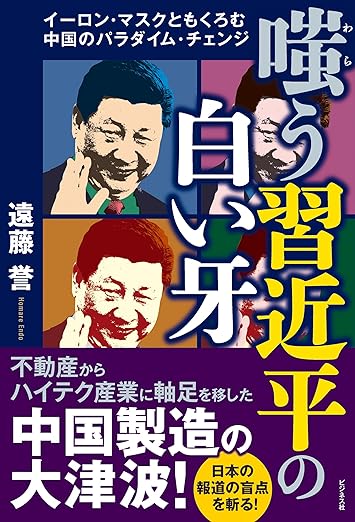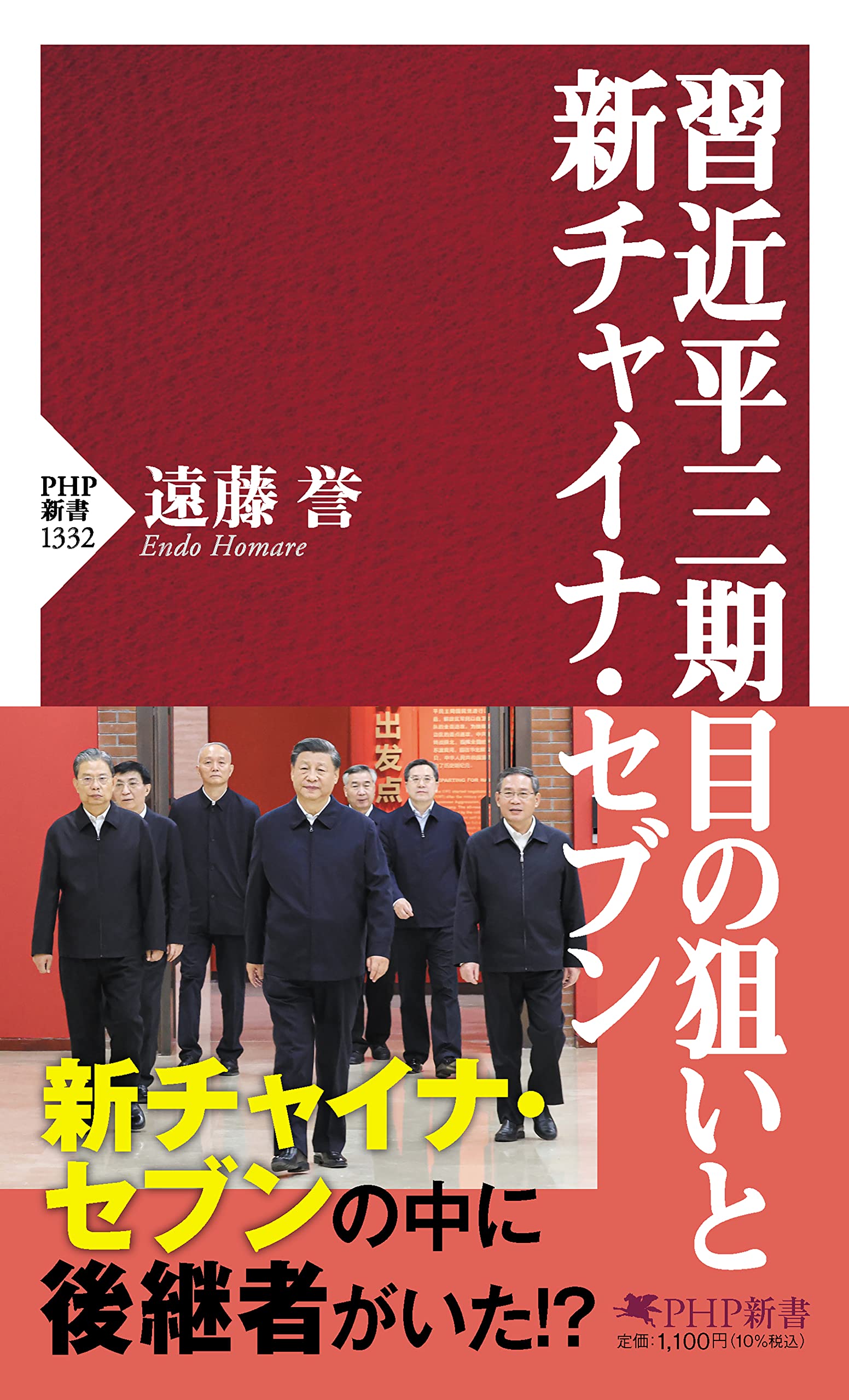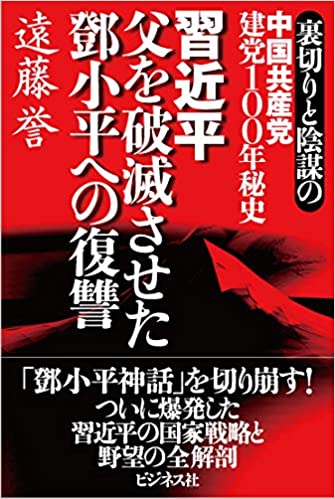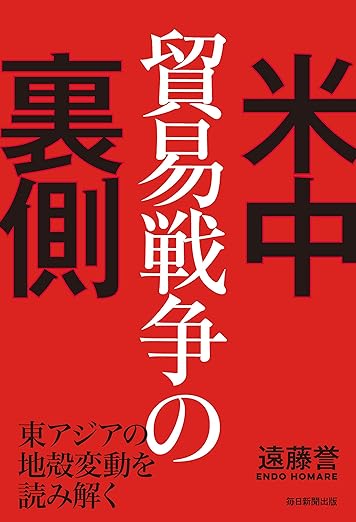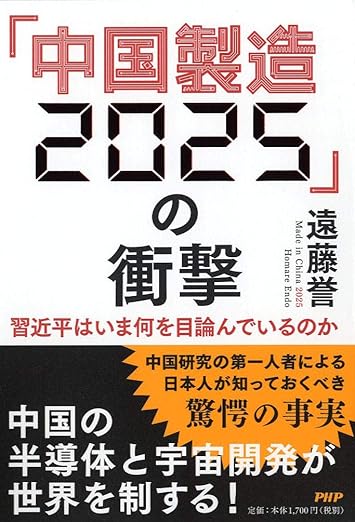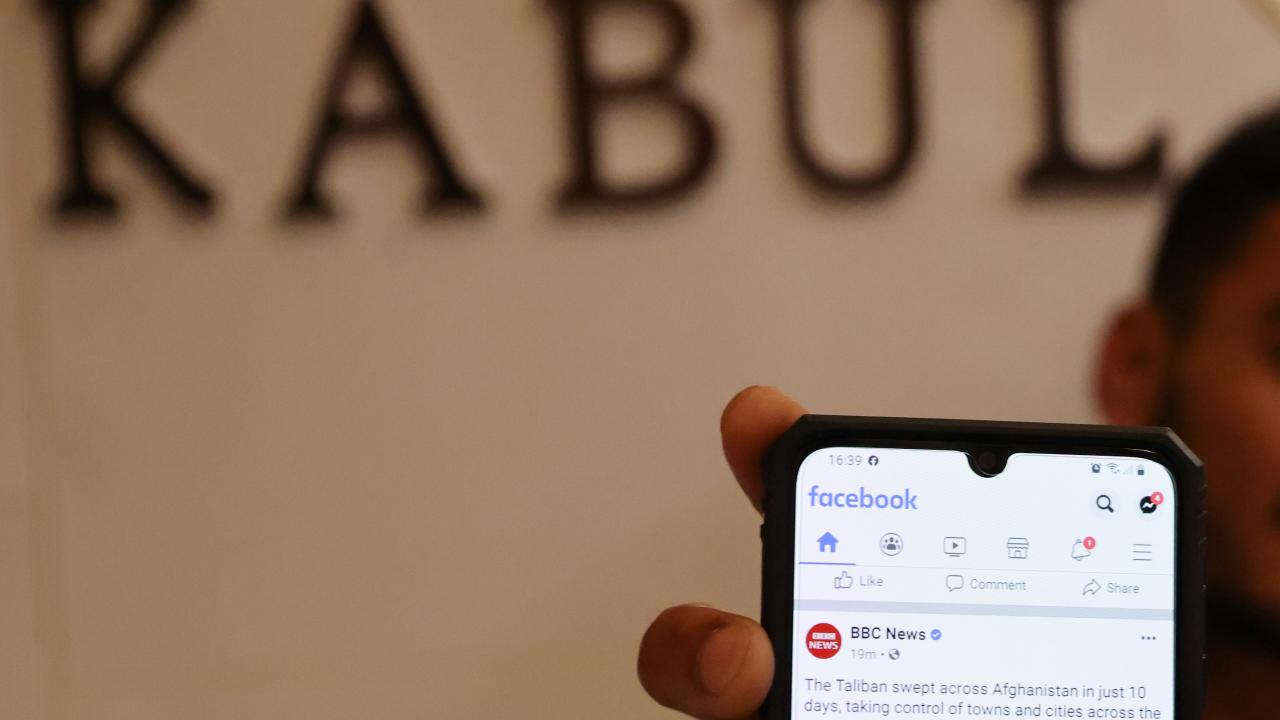
The world is most concerned that terrorist activities might be revived by the birth of the Taliban administration. China and Russia are, however, cooperating to threaten the Taliban not to allow terrorist activities. In particular, China has been stressing counterterrorism measures as a pretext for its suppression of Uyghur. On the other hand, the United States (former Secretary of State Pompeo) has criticized China’s suppression of Uyghur by arguing that they confirmed the terrorist organization no longer existed. This is why China has been shouting at the Taliban that terrorist activities will never be allowed. This article examines the relationship between the U.S.-China battle and the Taliban over counterterrorism measures.
◆Sino-Russian “Counterterrorism” Military Exercise on August 9
As I wrote in my article dated on August 15 <The Taliban Reverses the U.S.-China Power Relationship>, Taliban spokesman Suhail Shaheen said on July 9:
- The Taliban would no longer allow China’s Uyghur separatist fighters, some of whom had previously sought refuge in Afghanistan, to enter the country.
- The Taliban would also prevent al-Qaeda or any other terrorist group from operating there. We will not allow them to carry out attacks against the U.S., its allies, or “any other country in the world.”
Wanting to repeatedly confirm that terrorist activities will not be conducted, China called the Taliban’s attention again as follows in the meeting between Chinese Foreign Minister Wang Yi and the Taliban delegation in Tianjin on July 28:
Wang Yi said:
— We hope the Taliban will make a clean break with all terrorist organizations including ETIM and resolutely and effectively combat them to remove obstacles, play a positive role and create enabling conditions for security, stability, development, and cooperation in the region.
In response, the Taliban side promised “The Afghan Taliban will never allow any force to use Afghan territory to engage in acts detrimental to China.”
This means that China is threatening the upcoming Taliban administration by implying “Keep in mind, if the Taliban administration should revive terrorist activities after its establishment, the Chinese and Russian militaries will unite to defeat the Taliban.”
◆Chinese and Russian Foreign Ministers Warning in Telephone Talks on August 16
In the telephone talks, Wang Yi said as follows:
- The situation in Afghanistan has undergone dramatic changes, with the former regime collapsing without a fight and the Taliban declaring victory. It is commonly believed in the international community that this result has its own internal logic and inevitability, signifying that military intervention and power politics are unpopular and doomed to fail.
- Under the new situation, it is necessary for China and Russia to strengthen strategic communication and collaboration:
- China and Russia should protect each other’s legitimate interests in Afghanistan, maintain timely communication on the situation, support each other, and urge the Afghan Taliban to take responsibility and effectively safeguard Chinese and Russian nationals, institutions, and enterprises.
- China and Russia should encourage the Afghan Taliban to pursue a moderate and prudent religious policy, work with all parties to form an open and inclusive political structure, pursue a peaceful and friendly foreign policy, especially co-existing in harmony with its neighbors, and achieve reconstruction and development of Afghanistan.
- The new Afghan regime should draw a clear distinction with all kinds of international terrorist forces, restrain and combat terrorist forces, including the Eastern Turkistan Islamic Movement, and prevent Afghanistan from becoming a gathering place for terrorist and extremist forces again.
Lavrov responded as follows:
- The changes in the situation in Afghanistan have a complex impact on the world situation. The Taliban claimed that the war in Afghanistan is over and they have begun to maintain security in Kabul and are willing to protect foreign diplomatic missions.
- The Russian side stands ready to timely compare notes on and jointly respond to the development and evolution of the situation in Afghanistan with the Chinese side.
◆Chinese UN Ambassador Says “We Never Tolerate Terrorist Activities” at the UN Security Council on August 16
Furthermore, Chinese Ambassador to the United Nations Geng Shuang made the following statement at the emergency session of the UN Security Council held on August 16. The following extracts relevant parts:
— China has always maintained that a political solution is the only way out for Afghanistan. […] China hopes to ensure a smooth transition of the situation in Afghanistan, keep at bay all kinds of terrorism and criminal acts, and make sure that the Afghan people stay away from war and can rebuild their homeland. […] In the last 20 years, terrorist organizations such as Islamic State, Al-Qaeda and the Eastern Turkistan Islamic Movement (ETIM) have gathered and developed in Afghanistan, posing a serious threat to international and regional peace and security. Afghanistan must never again become a heaven for terrorists. This is the bottom line that must be held firmly for any future political solution in Afghanistan. We hope that the Taliban in Afghanistan will earnestly deliver on their commitments and make a clean break with the terrorist organizations. All countries should fulfill their obligations in accordance with international law and the Security Council resolutions, work with each other in combating terrorism in all forms and manifestations, and take resolute actions to prevent terrorist organizations such as Islamic State, Al-Qaeda and ETIM from taking advantage of this chaos.
◆Chinese Foreign Minister Wang Yi Stressed Again in Telephone Talks with U.S. Secretary of State Blinken on August 16
August 16 was a busy day. On that day, U.S. Secretary of State Blinken requested telephone talks with Foreign Minister Wang Yi, and Wang Yi agreed. According to the Chinese Ministry of Foreign Affairs website, the following conversation took place between Blinken and Wang Yi. Only the parts related to terrorism are cited.
Blinken: We appreciate China’s participation in the Doha meeting on the Afghan issue. The Taliban should announce a clean break with extremism, opt for an orderly transfer of power and establish an inclusive government. We hope that China will also play an important role to this end. The United States recognizes that the future of Afghanistan should be decided by the Afghan people.
Wang Yi: Facts have once again proved that it is difficult to gain a foothold in a country with a completely different history, culture, and national conditions by mechanically copying foreign models. A regime cannot stand without the support of its people, and using power and military means to solve problems will only cause more problems. Such lessons deserve serious reflection (for the United States). China stands ready to have communication and dialogue with the United States so that a new civil war or humanitarian disaster will be prevented in Afghanistan and the country will not relapse into a hotbed and shelter for terrorism. It is dangerous and wrong that the last U.S. (Trump) administration announced removing the Eastern Turkistan Islamic Movement from its list of terrorist organizations and apply double standards on the issue of counter-terrorism. The U.S. side should change course and remove obstacles to Afghan-related cooperation between China and the United States and international counter-terrorism cooperation.
Here, I would like to add an explanation about the Trump administration’s announcement “to remove the Eastern Turkistan Islamic Movement from its list of terrorist organizations” as Wang Yi puts it.
On November 6, 2020, Secretary of State Pompeo of the then Trump administration declared that they will remove the Eastern Turkistan Islamic Movement (ETIM) from its list of terrorist organizations because the organization called ETIM China used as a pretext to crack down on Uyghur has not existed for more than 10 years.
In response, Blinken said “The U.S. side reiterates its opposition to all forms of terrorism and does not seek unrest in China’s western border areas (= Xinjiang Uyghur Autonomous Region). The evolution of the situation in Afghanistan once again shows that it is very important for the United States and China to cooperate on regional security issues in a constructive and pragmatic manner.”
◆Contradiction and Battle between the U.S. and China on the Presence of Terrorist Activities
The telephone talks between Wang Yi and Blinken highlight the following contradiction and battle between the United States and China. That is:
The United States: The terrorist organization no longer exists, and China must not use it as a pretext to justify its suppression of Uyghur.
China: Terrorist activities are still lurking, and we must be vigilant and restrain them thoroughly.
While the Taliban has won in Afghanistan and a new Taliban regime is about to be born, the U.S. and China’s arguments thus far have been crossed with each other over international opinion “The Taliban might revive terrorist activities.”
◆China’s Strength is to Restrain Terrorist Activities through Economic Recovery
Against this backdrop, China has pledged economic assistance and investment to the Taliban on the grounds that if Afghanistan is not rehabilitated economically it will inevitably become a hotbed of terrorism.
This implicitly intends to not only strengthen the Belt and Road Initiative but also aims to reach out to the development of abundant underground resources that have long slept in Afghanistan, the site of conflicts.
For China, the containment of the Taliban’s terrorism is a useful choice that not only justifies the suppression of Uyghur but also promises a path to China’s further economic prosperity.
If China, which oppresses human rights and speech, is able to restrain terrorist activities and achieve economic development in Afghanistan, which has been devastated by the Afghan conflict for 40 years, what an irony it would be!
The responsibility of Japan and the United States, which have given China such economic power, is extremely grave.
This article is an English translation of the article on August 18th.
カテゴリー
最近の投稿
- 記憶に残る1月
- 高市圧勝、中国の反応とトランプの絶賛に潜む危機
- 戦わずに中国をいなす:米国の戦略転換と台湾の安全保障を巡るジレンマ
- トランプ「習近平との春節電話会談で蜜月演出」し、高市政権誕生にはエール 日本を対中ディールの材料に?
- NHK党首討論を逃げた高市氏、直後に岐阜や愛知で選挙演説「マイク握り、腕振り回し」元気いっぱい!
- A January to Remember
- Managing China Without War: The U.S. Strategic Turn and Taiwan’s Security Dilemma
- 「世界の真ん中で咲き誇る高市外交」今やいずこ? 世界が震撼する財政悪化震源地「サナエ・ショック」
- 中国の中央軍事委員会要人失脚は何を物語るのか?
- 個人の人気で裏金議員を復活させ党内派閥を作る解散か? しかし高市政権である限り習近平の日本叩きは続く




